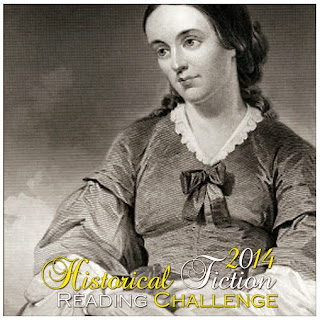Source: GBF
Paperback, 80 pgs.
I am an Amazon Affiliate
Drowning in the Floating World by Meg Eden is an exploration of devastating, sudden loss as it relates to the 2011 Tōhoku magnitude 9-9.1 earthquake and subsequent tsunami in Japan. The disaster caused more than $300 billion in damages and more that 15,000 deaths, and these kinds of large-scale losses are often hard for us to comprehend because of their sheer magnitude, unless we are personally impacted. Eden draws on the mythical signs that nature provides and she cultivates the deep emotional resonance these disasters should evoke from us. She opens the collection with a “gray” day in which the beach is “covered in whales,” they are “fifty bodies, like tea leaves//at the bottom of a scryer’s glass,/heavy and loud in memorial.//” (Hokotashi City, Ibaraki Prefecture, pg. 3).
We already are called to attention, to attune ourselves to the natural world, to the signs of what comes next. But even preparing ourselves, becoming keen observers will not make us ready enough to be a survivor. How can you explain what it is to survive an ocean that consumed all the land and swept everything away, except for you? It is a cavern of loss that even the greatest climber will struggle to surmount.
In “Corpse Washing,” we’re shown the reverence required of working with the dead, and how much care, listening, and attention to detail it takes to breathe life into the once full of life bodies we mourn and must let go. “I brush the seaweed and trash/from her remaining hair until its soft./I clip the ends of my hair to fill/her empty eyebrows, her missing eyelashes./” And the care that can no longer be given: “The mother takes/the last water to her daughter’s/lips, but the girl rejects it./She’s had more than enough/water for one life.//”
Drowning in the Floating World by Meg Eden honors those lost to the tsunami and those who were exposed to radiation from Fukushima Daiichi nuclear disaster. While “Shikata ga nai” (nothing can be done about it), Eden seeks to provide emotional touch stones to those losses, honoring not only what was, but what cannot be changed and how the world must and has moved on. What is done, cannot be undone. (said by Lady Macbeth in Shakespear’s Macbeth).
RATING: Cinquain





 About the Poet:
About the Poet:



 About the Author:
About the Author:









